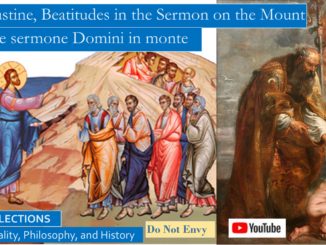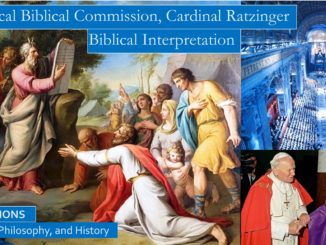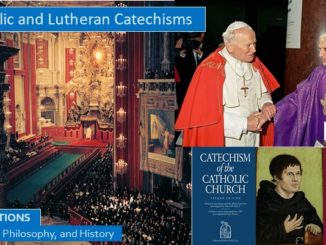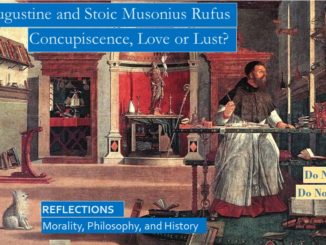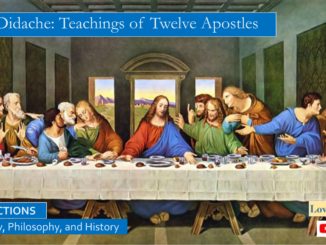St Augustine’s most famous quote, made before his ultimate conversion, was a prayer to God, “Please, Lord, grant me chastity, but not yet.” This shows that St Augustine was quite human, just like us, and quite honest about his struggles with intimacy. Let us give St Augustine the benefit of the doubt, let us read him hagiographically, for even though the modern world with modern technology differs greatly from the world of the ancient Christian, St Augustine has much to teach us, and we can benefit from his teaching, finding purpose in our family life, working out our salvation through the raising of our children and through our relationships with our spouse and other family members and close friends. […]
